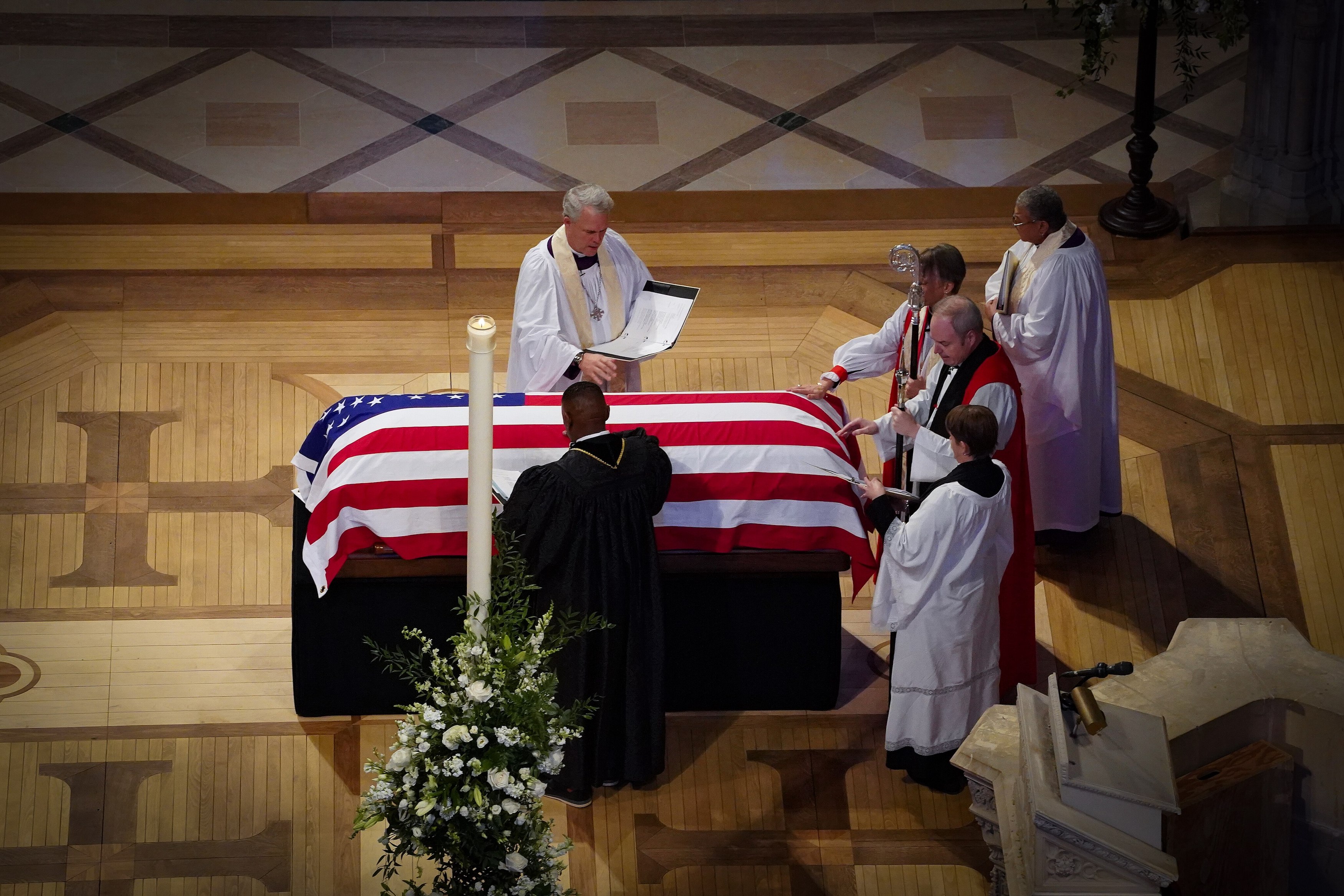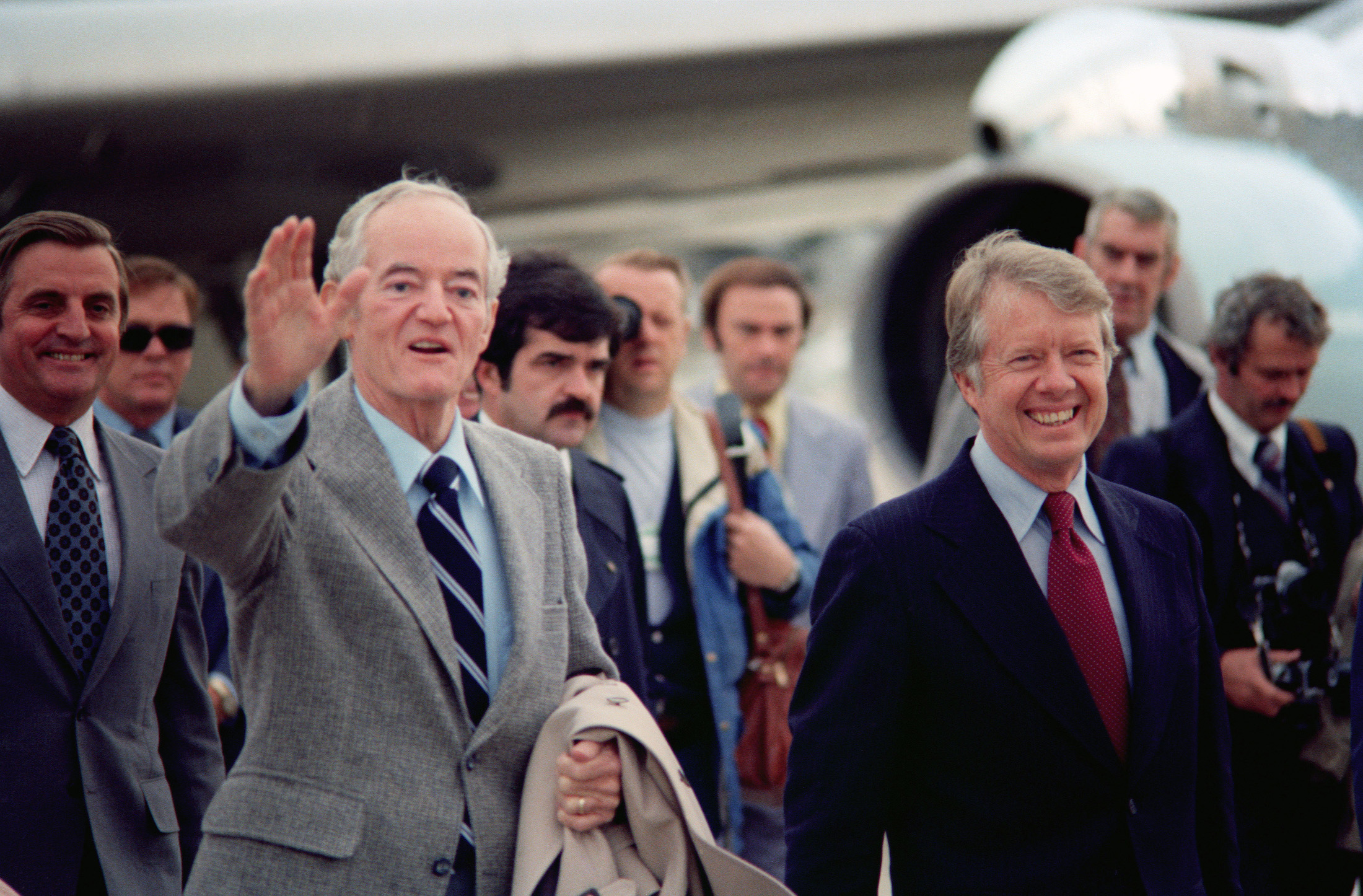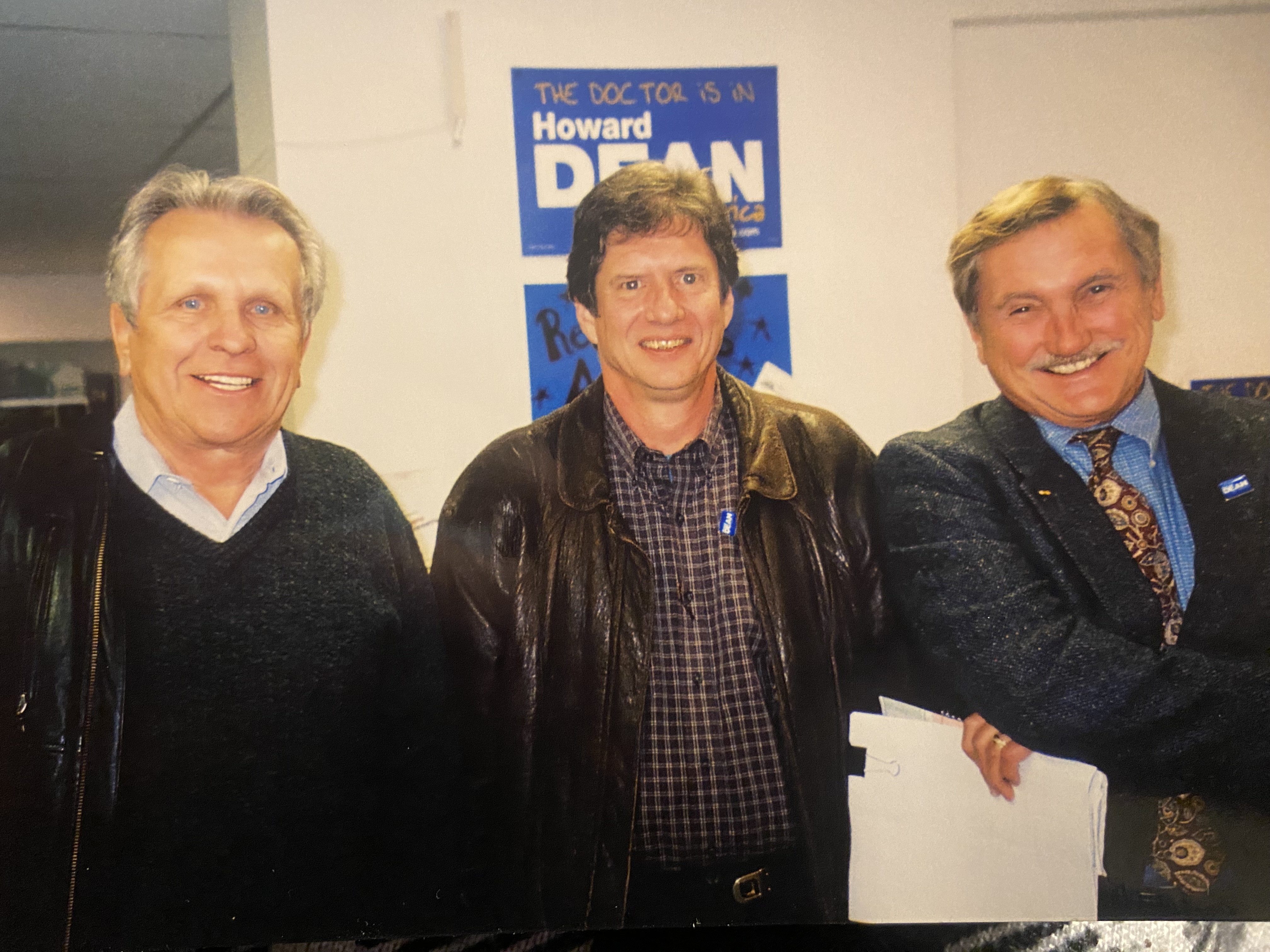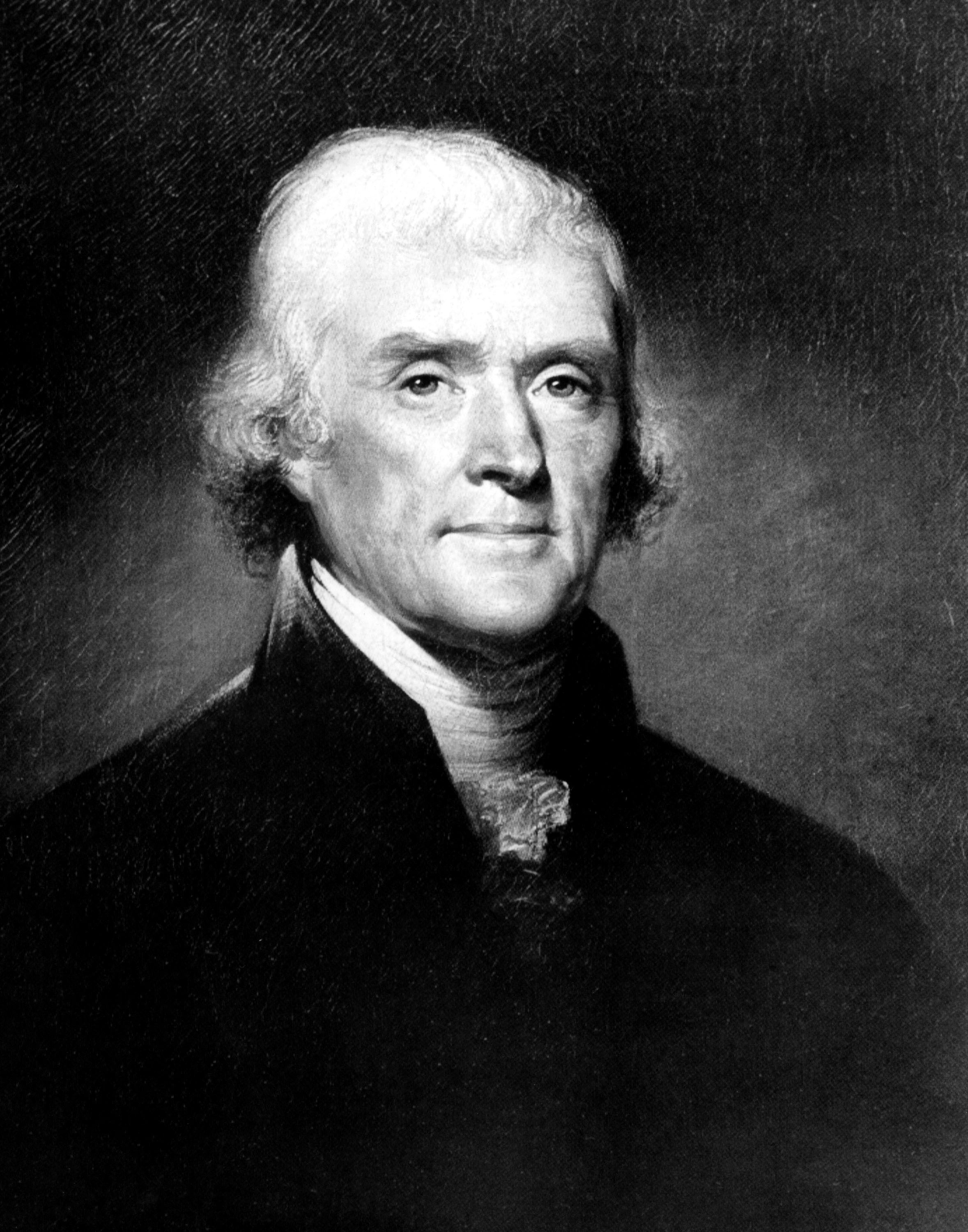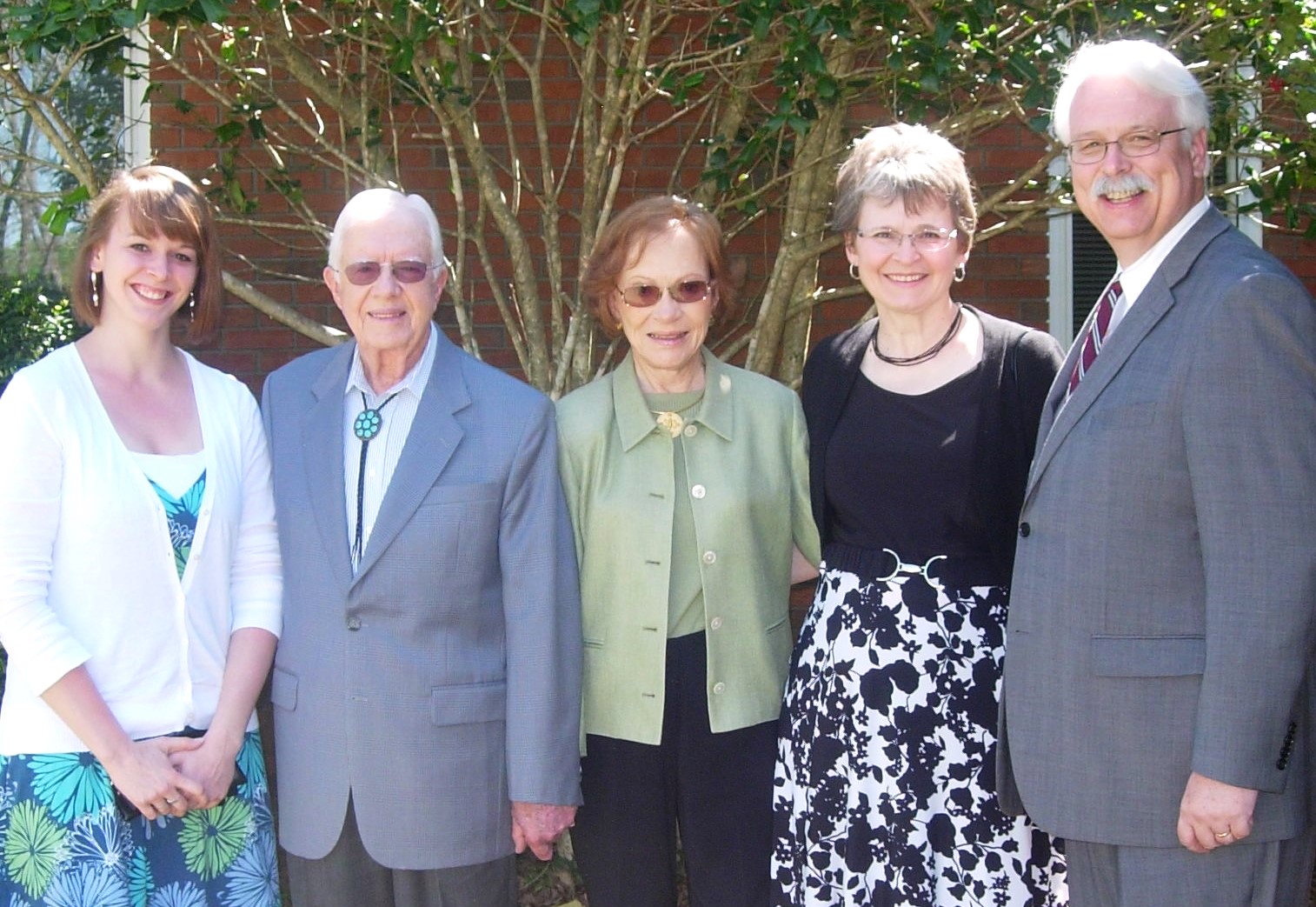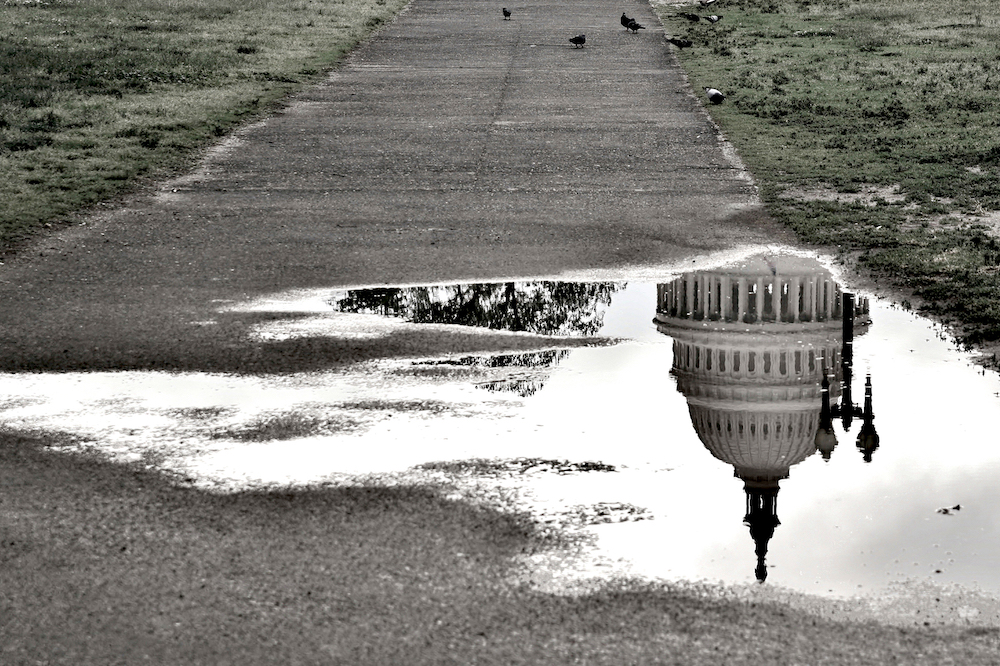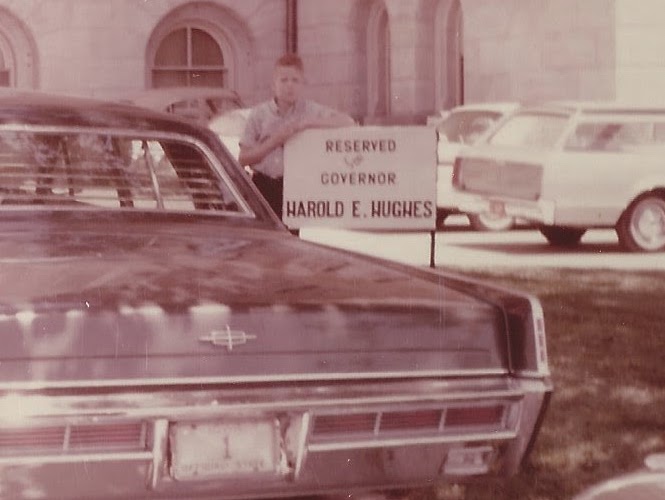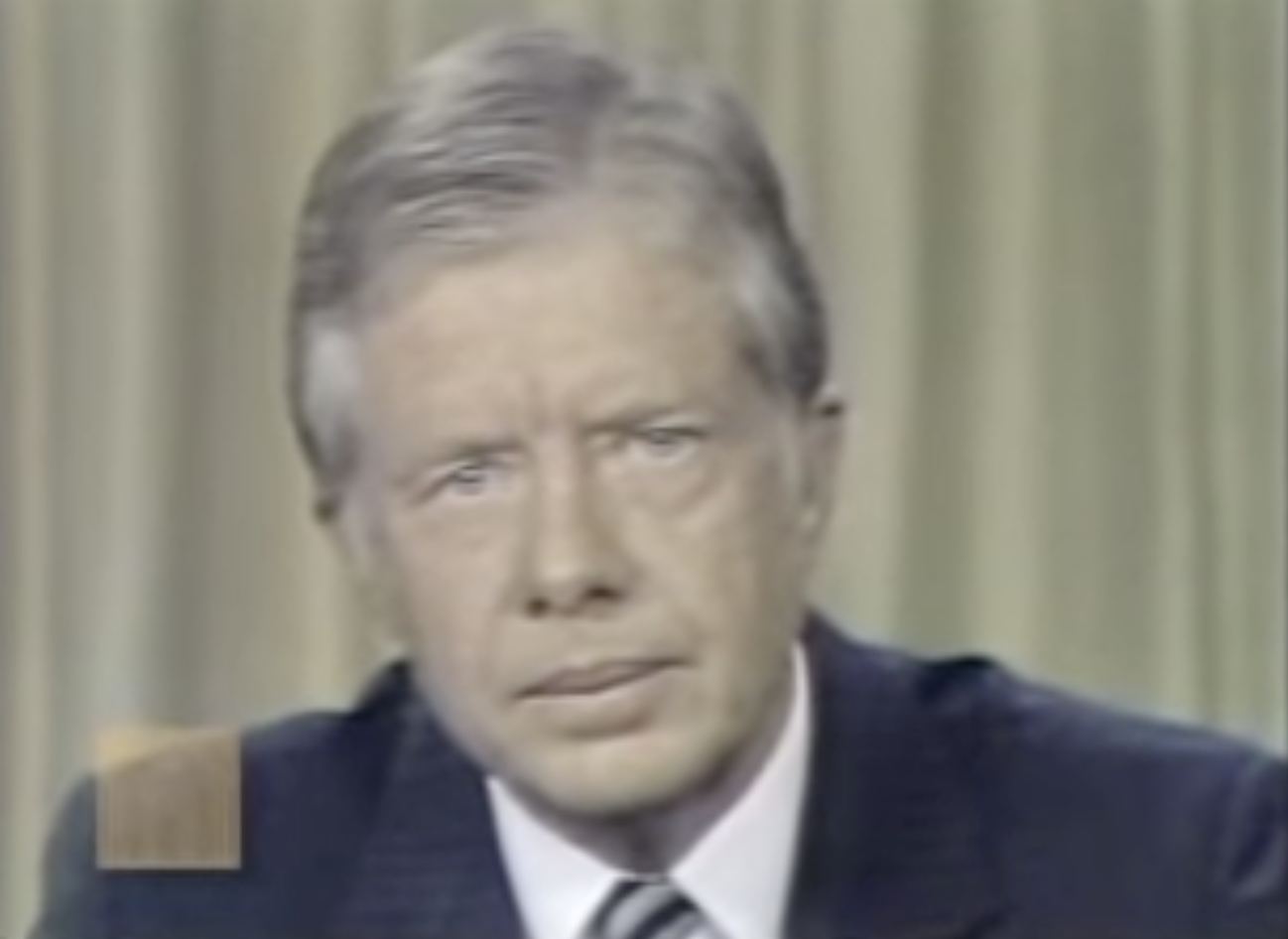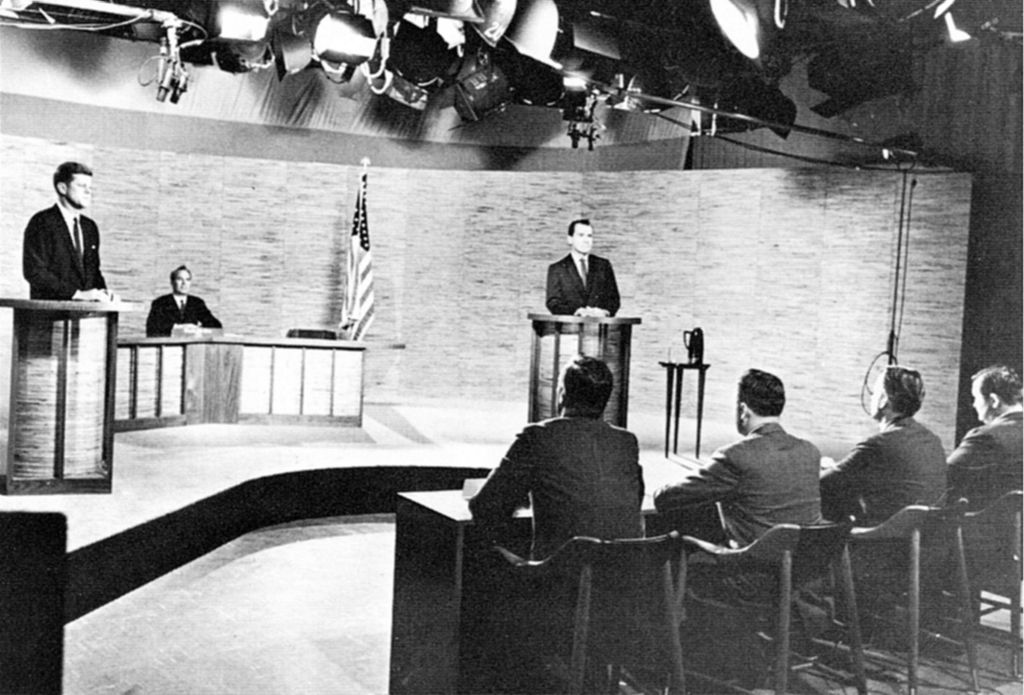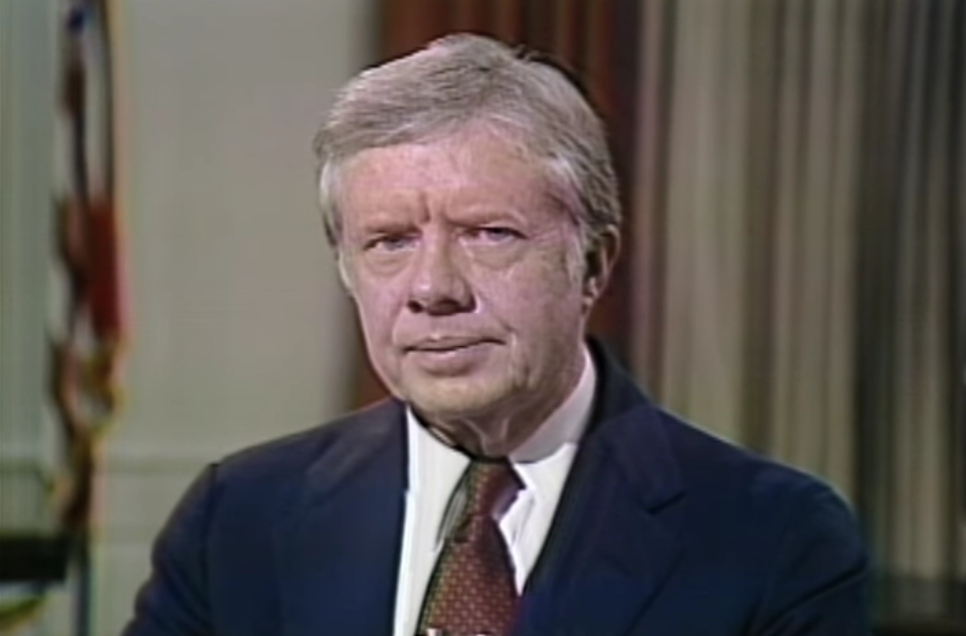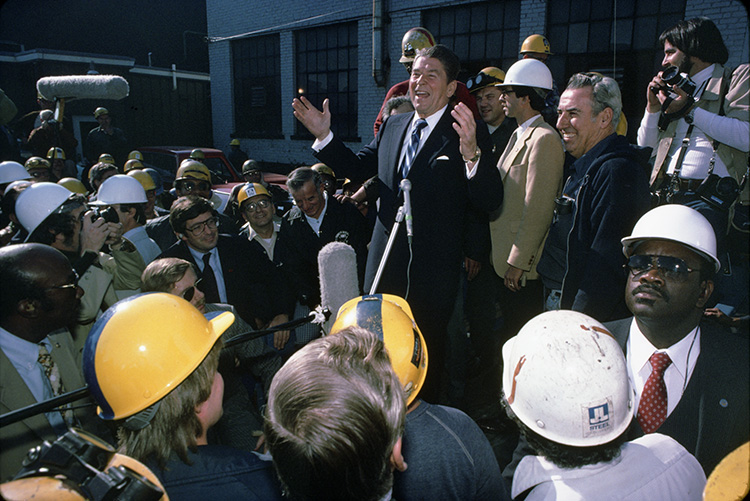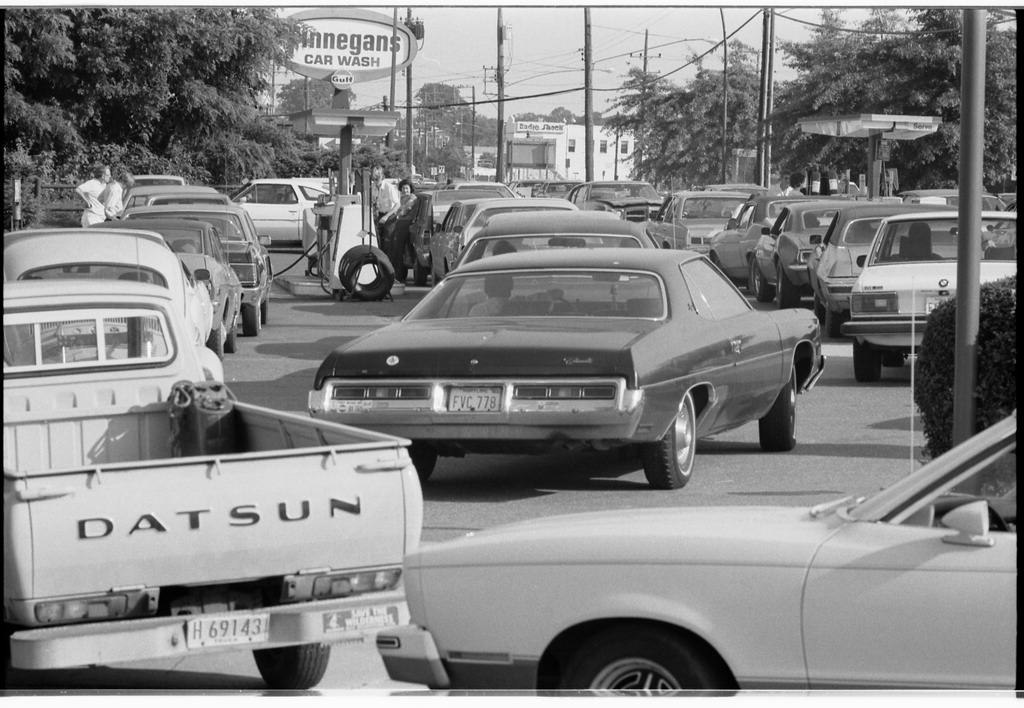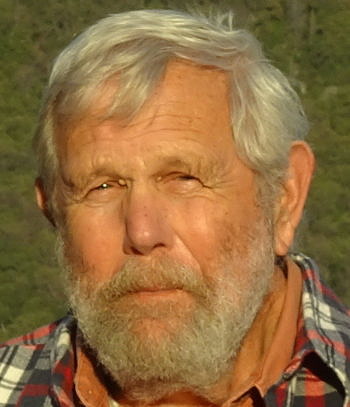Bruce Lear lives in Sioux City and has been connected to Iowa’s public schools for 38 years. He taught for eleven years and represented educators as an Iowa State Education Association regional director for 27 years until retiring. He can be reached at BruceLear2419@gmail.com
Imagine being appointed to be the president of a huge tech company. You have no experience or knowledge of tech. Your 11-year-old grandson taught you once how to turn on a computer, but that’s the limit of your tech knowledge. You’re a modern-day Luddite.
Most of your experience is in showbiz. The chairman of the board loved your show and even made guest appearances. The other board members are afraid of the chairman, so when he shouts, “jump!” They whimper, “How high?”
You’ve received your orders from the chairman. His goal is to dismantle the company regardless of harm. You’re hired to destroy, not reform.
Continue Reading...

